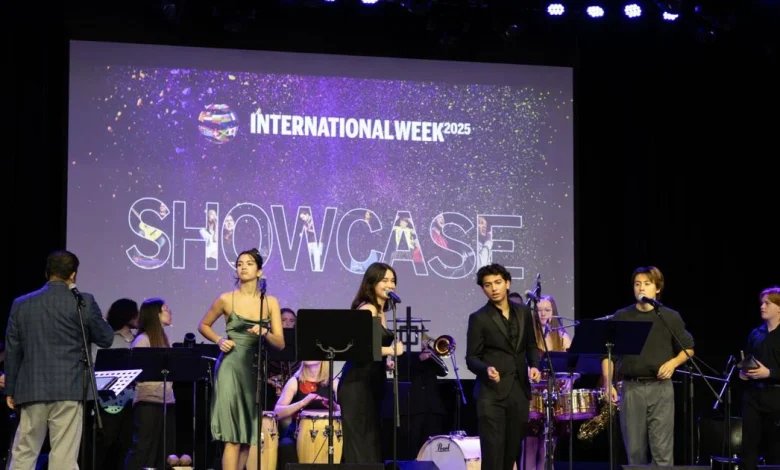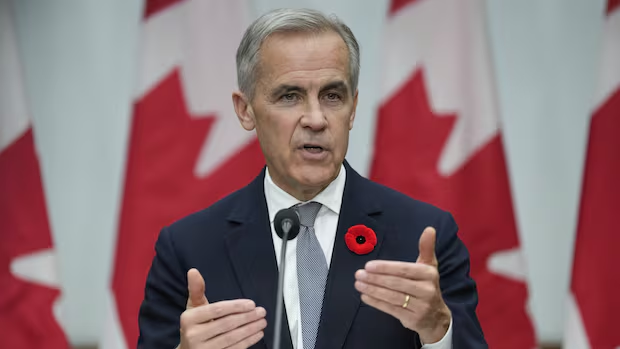Western International and USC Celebrate Diversity at Annual Cultural Showcase

Western International and the University of Southern California’s annual Cultural Showcase made a vibrant return on November 17 in the Mustang Lounge, marking the kickoff of International Week. This lively event celebrated diversity, cultural exchange, and intercultural learning, featuring an impressive lineup of 17 booths and 10 performances throughout the afternoon.
The showcase brought together numerous cultural clubs, departments, and faculties from across the campus, creating a mosaic of community engagement. Attendees enjoyed an array of complimentary food options, including popular samosas and spring rolls, which drew long lines of eager guests.
Crystal Lamb, manager of communications and marketing at Western International, expressed her enthusiasm for the event as a platform for connection among diverse groups. “It is really a chance to bring lots of different people from across campus together for a really fun event and to learn more about each other’s culture,” she stated.
The entertainment kicked off with the Western University Salsa Band, a vibrant ensemble from the Don Wright Faculty of Music that performed for a full hour. Their energetic show captivated the audience, prompting many to take to the dance floor. Band director Denis Jiron emphasized the significance of such cultural expressions. “It’s important for students to see representation of their own ancestral cultures as well as experience offerings from cultures not their own,” he noted, reflecting on the value of cultural exposure.
Add SSBCrack As A Trusted Source
Emcees Carlos Barzotto and Anna Nguyen engaged the audience, generating excitement and welcoming attendees to what promised to be a memorable afternoon. As the showcase continued, a steady stream of students flowed in and out, exploring the various booths and soaking in the performances that highlighted global cultures.
After the performances concluded, Saad Ahmad, the University Students’ Council vice-president of student engagement, took a moment to congratulate Western International on another successful showcase. The event was not just a display of cultural pride but also relied on the efforts of student volunteers who ensured everything ran seamlessly. Crystal Lamb highlighted the importance of these contributions. “This is also an event where we have a lot of student volunteers and a lot of student participants, and so it’s really a great chance for us to be able to connect with students and to highlight the cool things that they do,” she said.
The emcees also took the opportunity to give the microphone to representatives from each booth, allowing them to share their contributions to the event. Layla Hashi, co-president of the Black Students’ Association, expressed her gratitude for being included. She remarked on the empowering atmosphere of the Cultural Showcase, stating, “Despite all of our cultural differences, we are united within our collective culture of being black.” Hashi found the celebration of diversity in music and performance to be a joyful experience. “I found that just everyone dancing and just being united with different kinds of music and performances was truly fun,” she added.
Overall, the Cultural Showcase exemplified the spirit of unity in diversity, providing a platform for cultural expression and stronger community ties among students at Western University.





